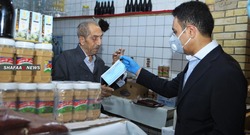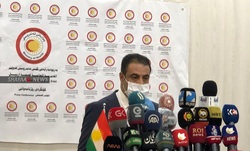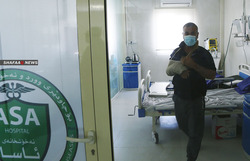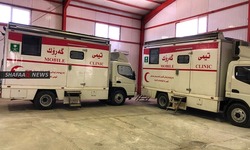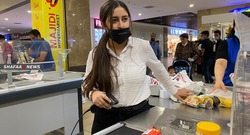More 4,000 arrested in Kurdistan as Government takes steps to combat drug trade
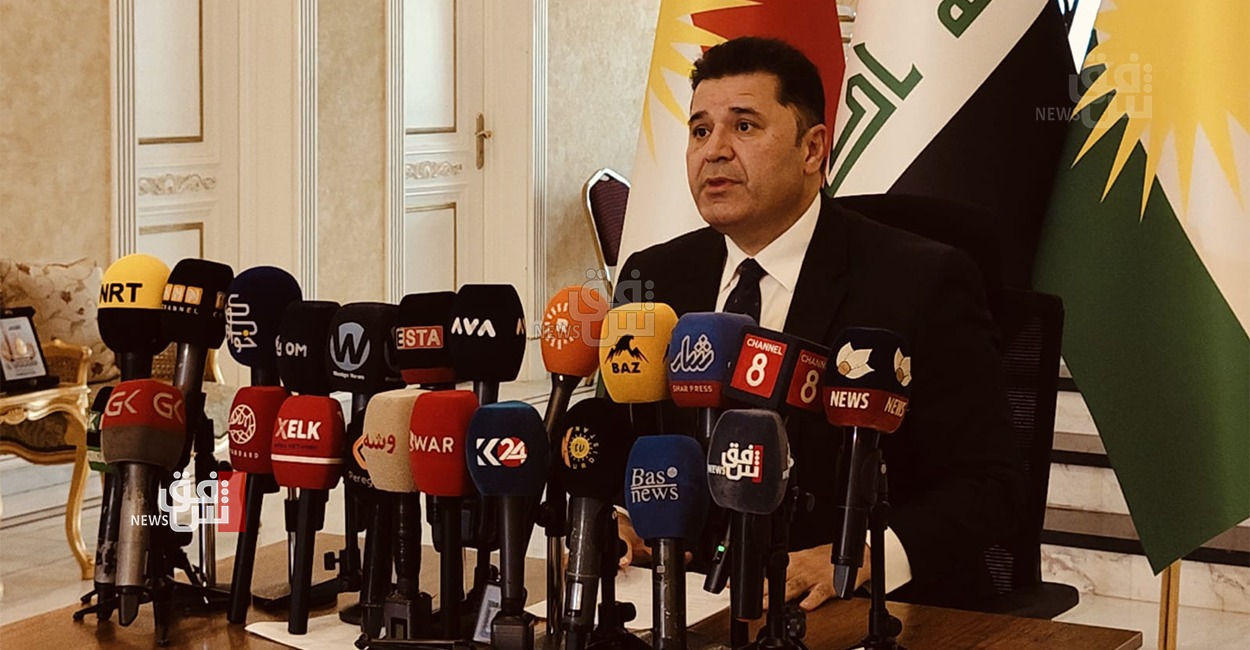
Shafaq News/ The coordinator of international advocacy in the Kurdistan Region, Dindar Zebari, presented an update on the number of people arrested for drug trafficking on Wednesday, highlighting the steps taken by the regional Government to address the issue.
Speaking at a press conference on Wednesday, Zebari said that "the efforts of the Kurdistan Regional Government in coordination with Iraq and neighboring countries to prevent drug trafficking are ongoing, with 147 joint reports exchanged to prevent drug smuggling."
He noted that "the financial crisis has affected the implementation of all the recommendations of the expanded international conference on drugs held in September of last year" but added that "many countries are ready to coordinate with us."
"The Prime Minister of the KRG is personally following the entire process from all legal, health, and cultural aspects and has given the necessary instructions to the relevant authorities."
"In the first step, we have separated drug addicts from dealers because we have drug dealers, users, and traders in prisons," he explained. "Most of the drugs come from the vast border areas in Kurdistan and Iraq, where there are different armed groups, so there are no statistics because the amount of drugs seized is large."
Zebari revealed that "currently, 4,323 people in prisons in the Kurdistan Region, including 1,223 convicted in Erbil, 2,282 in Duhok, and 1,008 in al-Sulaymaniyah, Kirkuk, and Halabja."
Notably, the Kurdish Government has intensified efforts to address the drug trafficking and addiction, urging cooperation from both Kurdish and international communities to tackle what he termed an "endemic" threat.
Speaking at a conference dedicated to combating drugs and psychotropic substances in Erbil, last March, PM Masrour Barzani highlighted the Kurdistan Regional Government's (KRG) actions to eliminate the proliferation of drugs, calling for collective action to eradicate the root causes of drug-related challenges.
Barzani pointed to armed groups operating in disputed areas between Iraq and the Kurdistan Region, as well as along the Region's borders with neighboring countries, as hindrances to Kurdish security forces' efforts in combating drug trafficking. These groups, he noted, exploit security vulnerabilities and impede anti-drug operations.
Despite these challenges, Barzani affirmed the KRG's commitment to combating the drug menace and preventing its escalation.
It is noteworthy that the Kurdistan Region currently faces a shortage of rehabilitation facilities for drug addicts, leading to a significant number of users being incarcerated.
Social Affairs Minister acknowledged the establishment of specialized centers within correctional facilities to address drug addiction but acknowledged the lack of sufficient medical expertise and medication.
